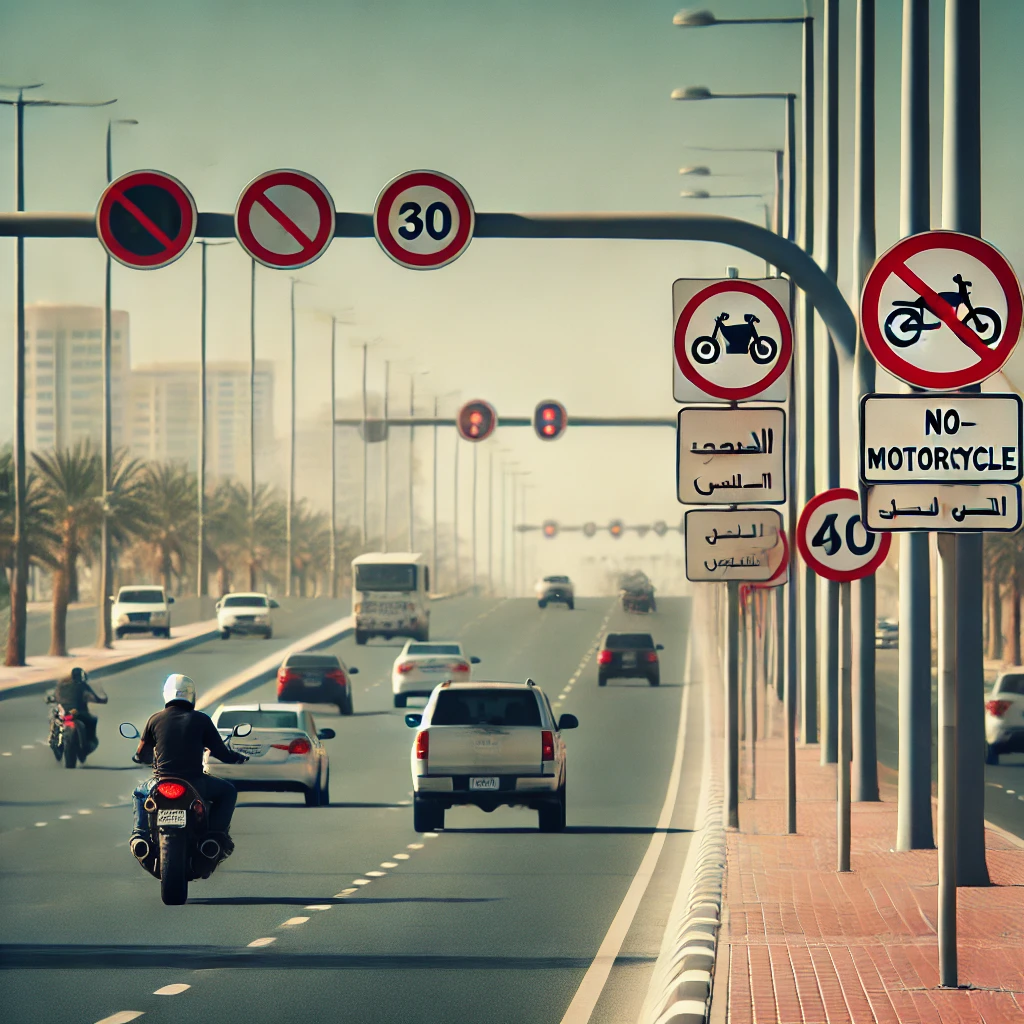
Sharjah Implements Revised Impoundment Release Fees to Strengthen Traffic Discipline
Sharjah has announced a revised fee structure for releasing impounded vehicles, targeting violations that pose serious risks to public safety and property. This initiative reflects the emirate's commitment to enhancing road safety and curbing reckless driving behaviors. With penalties reaching up to Dh30,000, the new regulations are designed to deter dangerous activities and encourage compliance with traffic laws.
Key Traffic Violations and Revised Fees
- Riding motorcycles in prohibited areas: Dh20,000
- Riding motorcycles without a license or driving on public roads: Dh30,000
- Driving and overtaking between vehicles through the yellow line section: Dh5,000
- Driving on public roads endangering others' lives: Dh20,000
- Driving in a manner that causes damage to public or private facilities: Dh15,000
- Driving at a speed of 200km/hour or above: Dh10,000
- Exceeding the speed limit by more than 80km/hour: Dh5,000
- Not stopping after causing a traffic accident involving heavy vehicles: Dh10,000
- Not stopping after causing a traffic accident involving light vehicles: Dh5,000
- Evasion of a traffic officer for light vehicles: Dh5,000
- Evasion of a traffic officer for heavy vehicles: Dh10,000
- Running a red traffic light causing an accident involving light vehicles: Dh5,000
- Running a red traffic light causing an accident involving heavy vehicles or motorcycles: Dh5,000
- Modifying a vehicle without authorization (First time): Dh10,000
- Modifying a vehicle without authorization (Second time): Dh15,000
- Modifying a vehicle without authorization (Third time): Dh15,000
The revised impoundment release fees are designed to deter dangerous behaviors by imposing high penalties for reckless driving and negligence, discouraging actions that endanger lives and property. These measures also promote accountability, ensuring that drivers take responsibility for their actions, especially when they cause harm to others or damage public and private property.
Furthermore, the fines aim to protect infrastructure by encouraging careful driving and discouraging activities that could lead to costly repairs or accidents. Lastly, the regulations emphasize maintaining vehicle safety standards by penalizing unauthorized modifications, which often compromise the safety and functionality of vehicles on the road.
